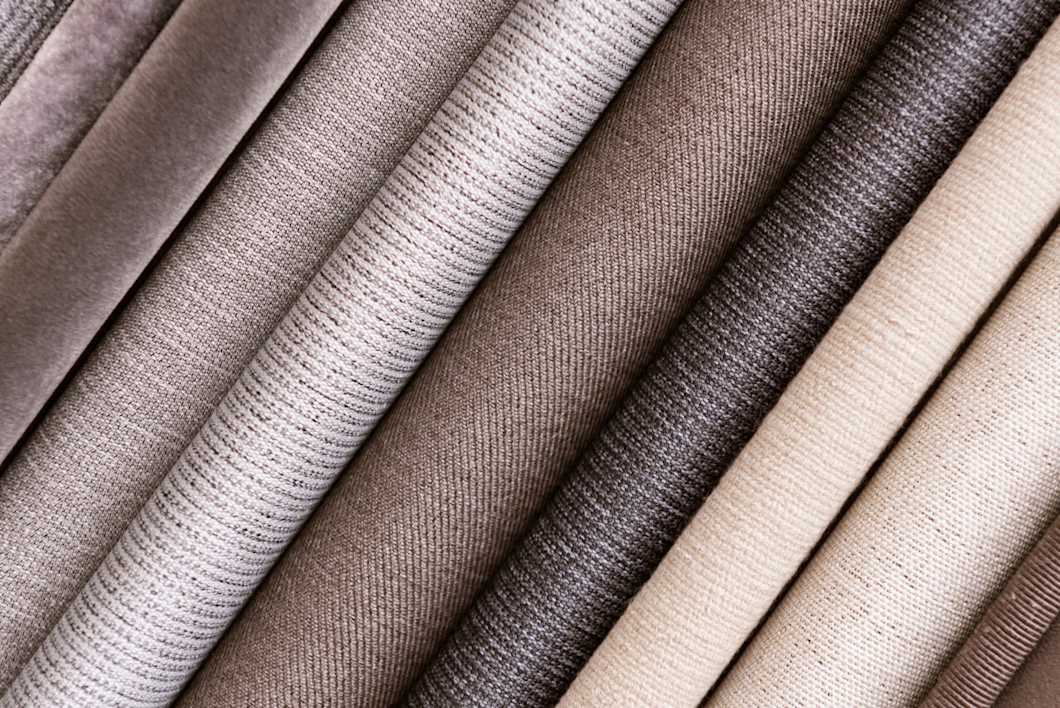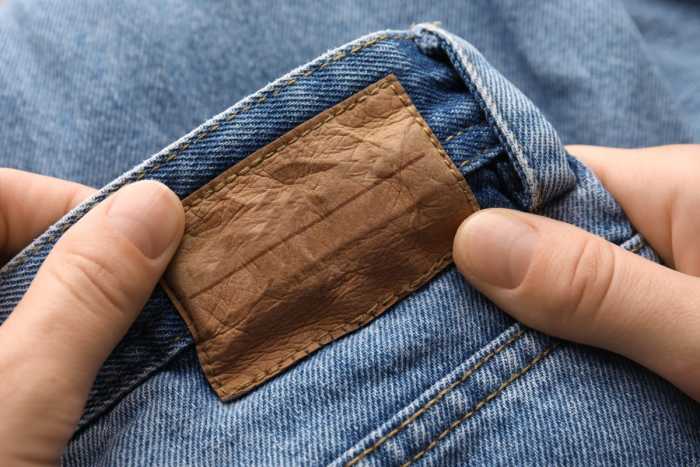Textile testing services

- Fast turnaround times
- Personal service from method experts
- Competitive prices
- Result accuracy guarantee

Tests to evaluate textile quality and performance
High-quality fabrics and yarns can be identified through testing that measures their performance under specified types of chemical, physical, and mechanical stress. We offer a broad range of standard methods to evaluate textile performance, including the following EN, ISO, ASTM, and AATCC tests:
These are just a few examples from our extensive catalog. If you need any other tests, do not hesitate to contact our experts for a quote.
We offer competitive pricing and expert support for large and recurring textile testing projects involving dozens of samples per project or hundreds of samples per year. Please note, however, that we may not be able to accommodate small one-off projects.
Chemical and microbiological testing
Our chemical and microbiological testing services for textile industry clients include the following:
Phthalates, PAH, and SVHC analyses to screen fabrics for chemicals restricted under the EU REACH regulation
PFAS and total organic fluorine (TOF) analyses to verify PFAS-free claims
Metal screening with ICP-based methods to quantify heavy metals and other elements of interest in process samples and finished products
Microbiological testing to evaluate the antimicrobial properties of specialty fabrics
For a customer reference on how our services have helped a textile industry client, see this case study: Infinited Fiber Company relies on Measurlabs to optimize and develop the Infinna™ fiber production process.
Substances of very high concern (SVHC) analysis
Polycyclic aromatic hydrocarbon (PAH) analysis of solid samples
Prices excluding VAT.

Fire testing
Textile fire testing requirements depend on the intended use of the product. The strictest requirements apply to fabrics used on ships and other crowded public settings, as fire spreading in a limited space would cause a serious safety hazard to a number of people. Some common standardized textile fire and flammability tests include the following:
Testing of vertically supported textiles on ships by IMO 2010 FTP Code Part 7
Testing of bedding components on ships by IMO 2010 FTP Code Part 9
Questions?
Textile testing expert Sanna Laukkanen is happy to help.
Analyses to investigate the origin of textiles
It may be difficult to ascertain the precise origin of textile fibers provided by suppliers in other countries, which raises questions about the ethics and sustainability of supply chains. Stable isotope analysis with the IRMS method can be employed to investigate the geographical origin of fibers in cases where there is suspicion about the possible use of forced labor or counterfeit raw materials.
Measurlabs offers textile isotope analyses as a customized service. Please ask our experts for more information.
Get a quote
Fill in the form, and we'll reply in one business day.
Have questions or need help? Email us at info@measurlabs.com or call our sales team.
